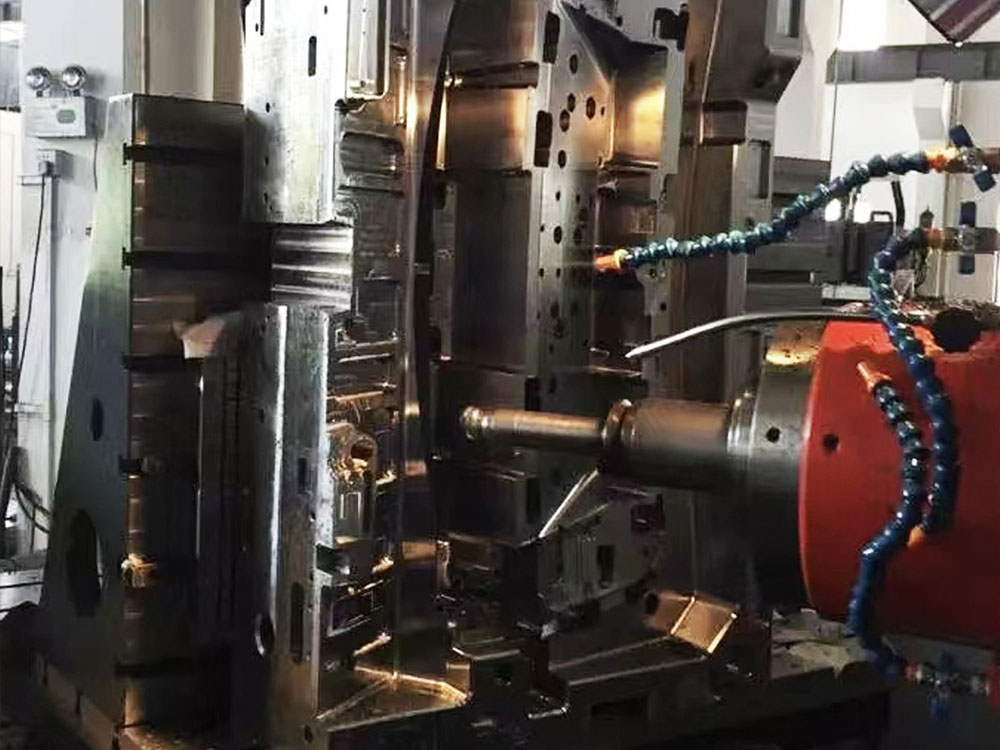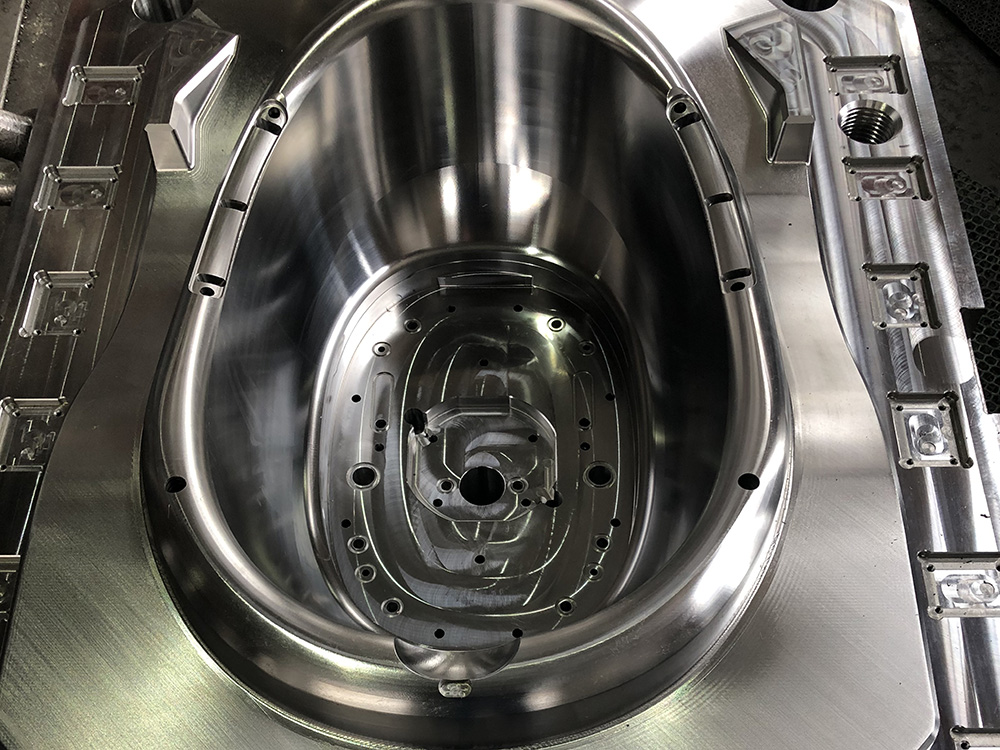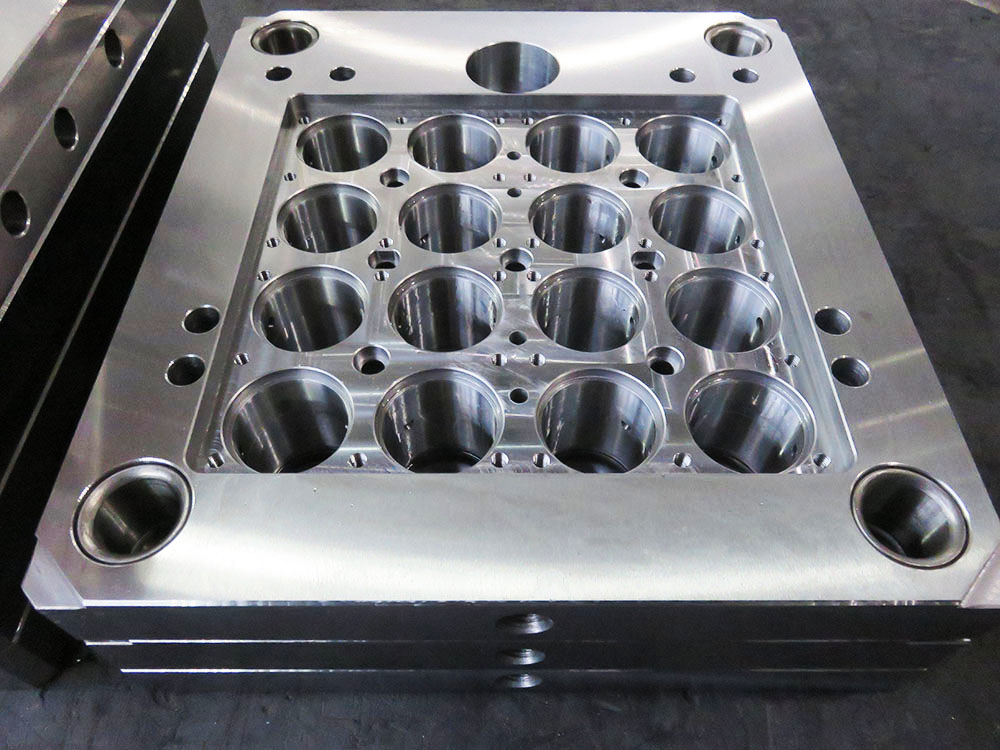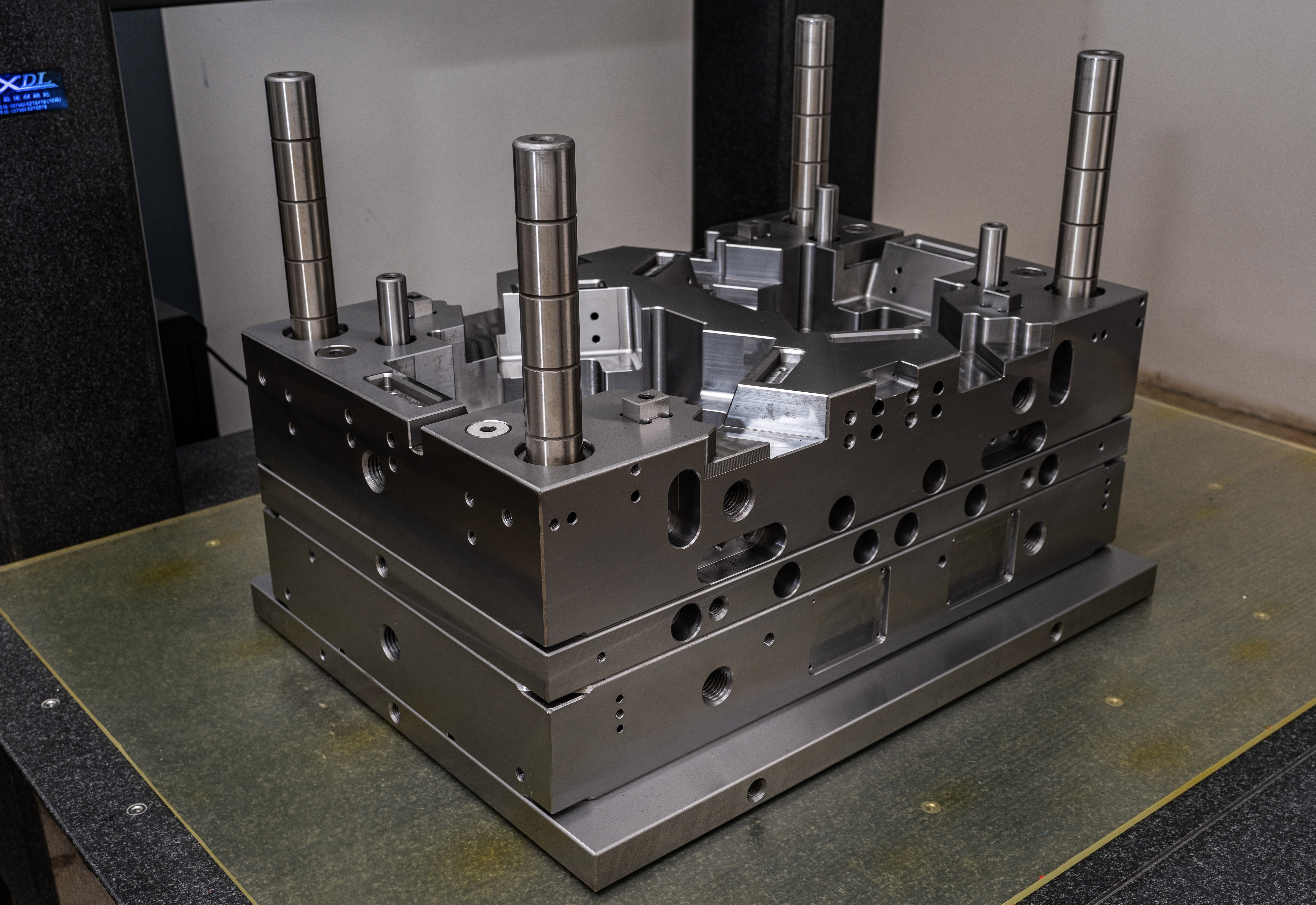Introduction to Model-Based AI in the Mold Base Industry
Model-based artificial intelligence (AI) has gained significant popularity in various industries for its ability to drive greater efficiency and accuracy in operations. The mold base industry is no exception, as it has embraced the power of model-based AI to streamline processes, improve product quality, and enhance overall productivity. In this article, we will delve into the concept of model-based AI and explore its applications in the mold base industry.
What is Model-Based AI?
Model-based AI is an approach that utilizes mathematical models and data-driven algorithms to simulate, analyze, and optimize complex systems. In the context of the mold base industry, it involves creating digital representations of mold bases and their related components using 3D modeling software. These models serve as the foundation for various AI-driven applications aimed at improving mold design, manufacturing, maintenance, and management processes.
Applications of Model-Based AI in the Mold Base Industry
1. Mold Design Optimization: Model-based AI enables engineers to simulate mold designs and evaluate their performance before actual manufacturing. By analyzing factors such as cooling efficiency, material flow, and part quality, AI algorithms can provide valuable insights for optimizing mold designs, resulting in improved productivity and reduced costs.
2. Predictive Maintenance: Mold bases are subject to wear and tear over time, leading to potential downtime and decreased product quality. Model-based AI can help address this issue by monitoring sensor data and predicting the need for maintenance or replacement based on performance trends. This proactive approach allows for scheduled maintenance, avoiding unexpected breakdowns and maximizing the longevity of mold bases.
3. Process Automation: The mold base industry involves various repetitive tasks that can be automated using AI. With model-based AI, it becomes possible to develop intelligent systems that automatically adjust mold settings, optimize parameter configurations, and adapt to changing production requirements. This not only reduces manual labor but also ensures consistency and accuracy in manufacturing processes.
4. Quality Control: Ensuring product quality is crucial in the mold base industry. By utilizing model-based AI, manufacturers can implement real-time monitoring systems that analyze sensor data and provide immediate feedback on quality deviations. This allows for timely adjustments and reduces the likelihood of producing defective parts.
5. Inventory Management: Model-based AI can play a significant role in optimizing inventory management processes in the mold base industry. By analyzing historical data and demand patterns, AI algorithms can forecast future inventory requirements and recommend optimal reorder points. This minimizes inventory holding costs and ensures timely availability of required mold components.
Conclusion
Model-based AI has revolutionized the mold base industry by providing advanced tools and techniques for enhanced productivity, efficiency, and quality. Through applications such as mold design optimization, predictive maintenance, process automation, quality control, and inventory management, AI-driven models have the potential to drive significant positive changes in the industry. It is crucial for mold base manufacturers to embrace and leverage the power of model-based AI to stay competitive and meet the evolving demands of the market.




